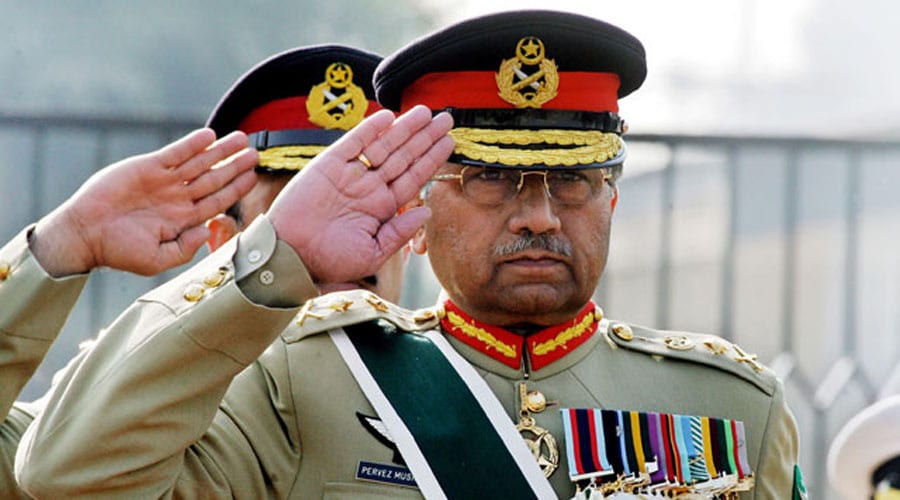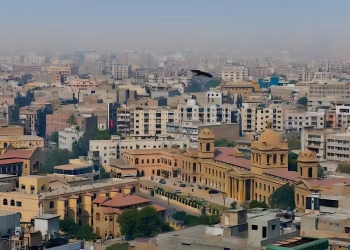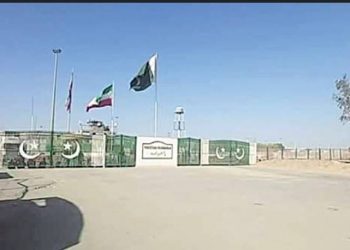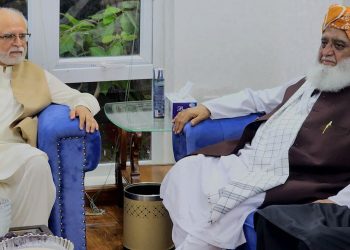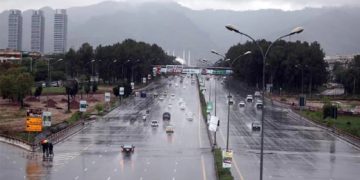After coming to power in 1999, former military ruler General Pervez Musharraf issued a controversial ordinance, known as National Reconciliation Ordinance (NRO) in October 2007. It granted amnesty to politicians, political workers and bureaucrats who were accused of corruption, and wanted to leave country for their own profit embezzlement, money laundering, murder, and between 1 January 1986, and 12 October 1999, the time between two states of martial law in Pakistan.
The NRO, however, was declared unconstitutional by the Supreme Court of Pakistan on 16 December 2009, saving the country from political crisis.
The information available in public domain says the ordinance was aimed at “promoting national reconciliation, fostering mutual trust and confidence amongst holders of public office and removing the vestiges of political vendetta and victimization, and to make the election process more transparent”.
The NRO states:
Notwithstanding anything to the contrary in sub-section(1), the Federal Government or a Provincial Government may, before the judgment is pronounced by a trial court, withdraw from the prosecution of any person including an absconding accused who is found to be falsely involved for political reasons or through political victimization in any case initiated between 1st day of January, 1986 to 12th day of October, 1999 and upon such withdrawal clause (a) and clause (b) of sub-section (1) shall apply.
It is widely believed that the act was a measure to allow the former Prime Minister Benazir Bhutto to return to Pakistan without any legal consequences due to pending politically motivated corruption cases. However, Musharraf had said that it was necessary to build a reconciliatory theme in the political arena with the removal of such politically motivated cases. Musharraf stated in an interview that cases had been in the courts for a decade without any judgment being passed and were hampering political progress of virtually all political parties.
According to Transparency International, Pakistan is considered one of the most corrupt countries in the world. For the year 2009 it was ranked 139th out of 180 and had a score of 2.4 on the Corruption Perceptions Index.
Furthermore, some analyst believe ‘US, the UK and Saudi Arabia underwrote a public amnesty which would enable popular politicians such as Benazir Bhutto to return to the country and counter the Taliban.
However, the former Chief Justice of Pakistan, Iftikhar Chaudhary, suspended this ordinance on 12 October 2007. But he too was soon dismissed after Musharraf abrogated the constitution on 3 November 2007. The new Chief Justice, Abdul Hameed Dogar, revived the NRO on 27 February 2008.
On 16 December 2009, the Supreme Court of Pakistan declared NRO unconstitutional. A 17-member bench of the Supreme Court, headed by Chief Justice Iftikhar Muhammad Chaudhry, declared the ordinance null and void. The Supreme Court also said that all the cases disposed of because of the controversial ordinance now stand revived as of 5 October 2007 position. The court opined that the NRO “seems to be against national interests thus it violates the provisions of the constitution.” Western diplomats subsequently expressed concern that Pakistan could face further instability due to this ruling, especially if Mr Zardari’s political opponents try to remove him from office. However, the verdict was widely welcomed in Pakistan.







